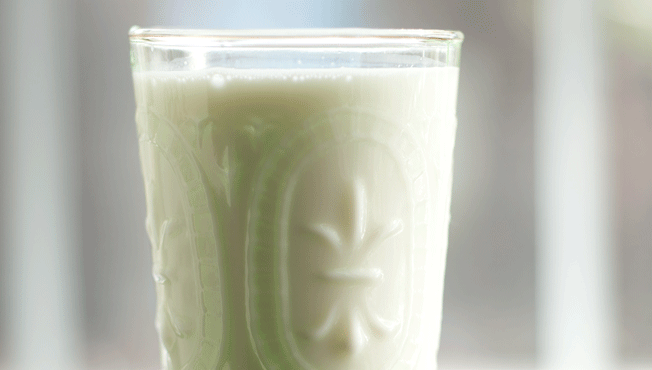Regardless of the sport that you play, in general, athletes require more protein than the average person. Beyond protein’s well-known role in building and repairing lean muscle, protein supports strong bones, ligaments and tendons, helps in the movement of oxygen to muscles, controls many metabolic processes in the body, aids in repair of body cells and plays a role in healthy immune function. But how much protein do you really need and what type of protein should you be eating?
Determining Your Protein Needs
Protein needs vary based on your activity level, type of activity and overall caloric needs, but the suggested range for athletes is 0.5-0.8 grams of protein per pound of body weight per day. For example, an athlete who is 130 pounds would need approximately 65-104 grams of protein per day.
It is best to distribute your protein needs evenly throughout the day, by enjoying high-quality protein at meals and snacks. Some experts suggest 20-30 grams of protein at each meal – getting the remainder after workout and at snack time.
Protein Quality Matters
Many foods contain protein, but the amount and quality of protein may vary. Proteins are made up of “building blocks” called amino acids. Animal-based proteins – those foods such as meat, fish, eggs, milk and other dairy products – are considered high-quality because they provide all the essential amino acids our bodies need. Some plant sources (soy, quinoa, amaranth and buckwheat) contain all the essential amino acids, but most plant proteins are lacking one or more. This doesn’t mean that plant proteins aren’t beneficial. All foods have a place in a well-balanced diet. It simply means that a variety of proteins should be enjoyed daily to get all the necessary building blocks for muscle growth and repair.
Protein in Common Foods
- Milk and yogurt (1 cup) 8-10 grams
- Greek Yogurt 15-20 grams
- Cheese (1 oz) 6-8 grams
- Lean beef (3 oz) 22-27 grams
- Lean pork (3 oz) 24-26 grams
- Lean poultry (3 oz) 25-26 grams
- Seafood (3 oz) 18-22 grams
- Eggs (1 large) 6 grams
- Beans (1/2 cup) 7-8 grams
- Nuts (1 oz) 6-8 grams
- Peanut Butter (2 Tbsp) 8 grams
Athletes can train harder and perform better with proper nutrition. Visit our sports nutrition page to read more about milk as an exercise recovery beverage and learn how to eat for peak athletic performance.




